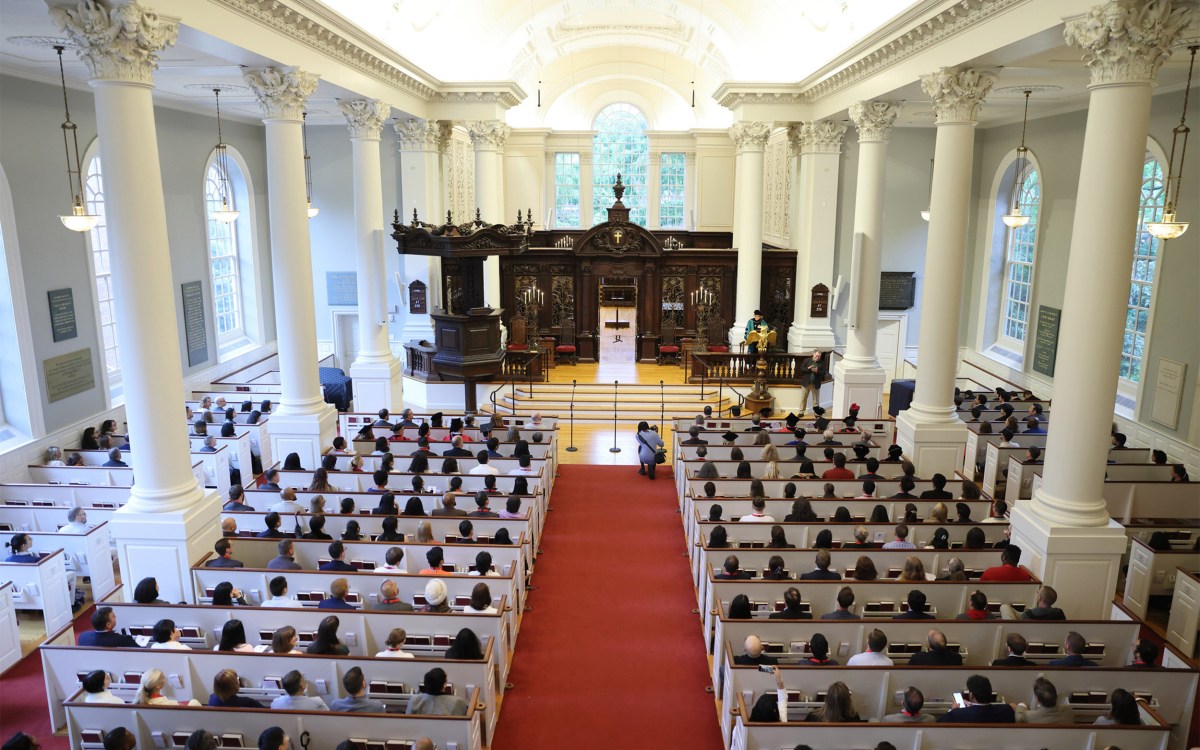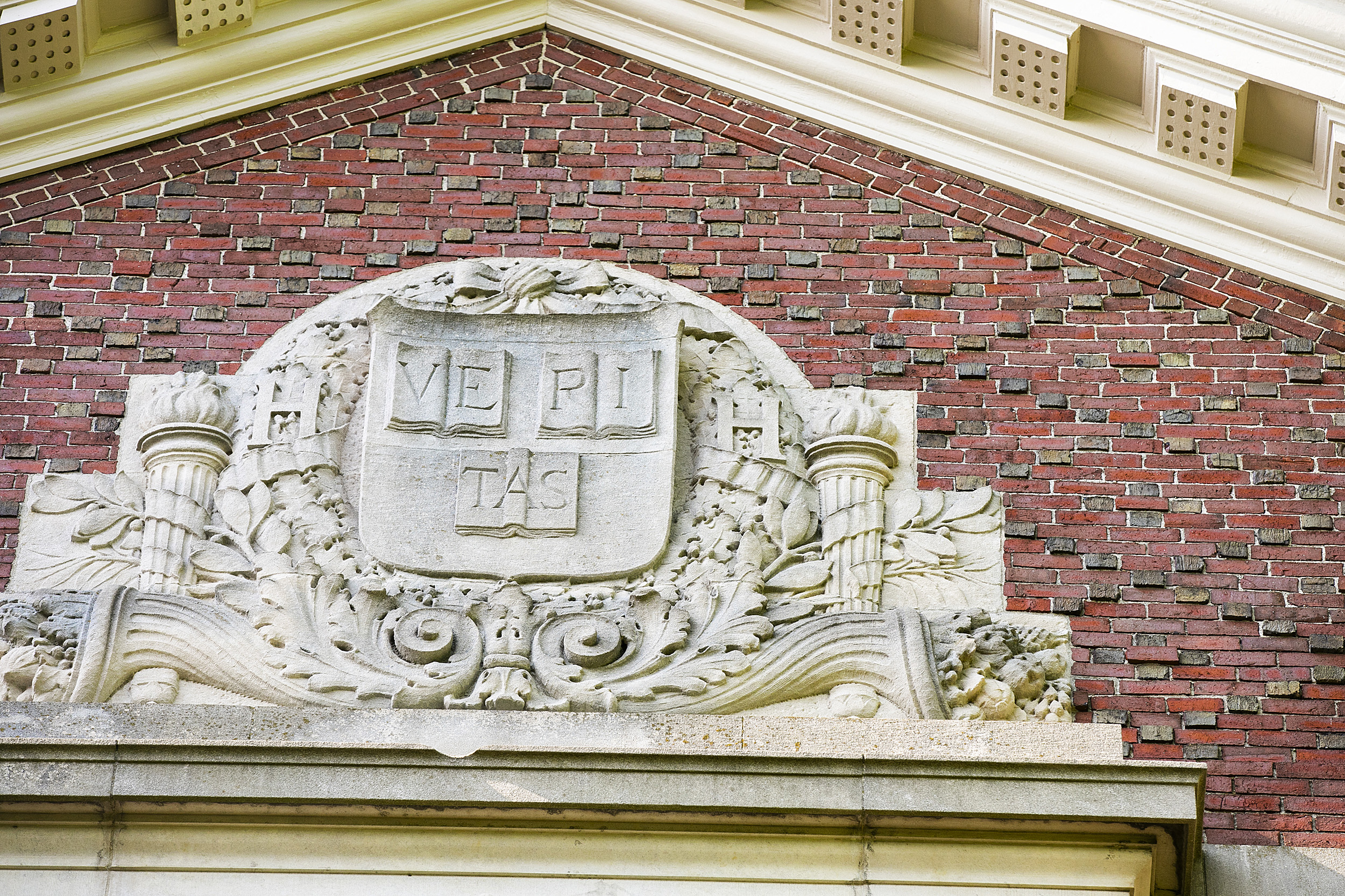
Stephanie Mitchell/Harvard Staff Photographer
Backing high-risk, high-reward
Star-Friedman awards fund seven projects at Harvard
Predicting COVID-19 variants. Forecasting earthquakes. Promoting regeneration in mammals. These are the kinds of high-risk, high-impact quests Harvard researchers are taking on, with help from the Star-Friedman Challenge for Promising Scientific Research. Established in 2013 with a gift from James A. Star ’83 and expanded funding from Josh Friedman ’76, M.B.A. ’80, J.D. ’82, and Beth Friedman, the challenge provides generous, critical seed funding for ambitious projects in the life, physical, and social sciences that might not otherwise receive grants.
“This year again we received a large number of exciting proposals to the Star Friedman Challenge from various Schools across the campus,” said Catherine Dulac, Higgins Professor of Molecular and Cellular Biology, Lee and Ezpeleta Professor of Arts and Sciences, Howard Hughes Medical Institute Investigator, and chairman of the faculty review committee awarding this year’s winners, which she called “inspiring and cutting-edge projects that address a great diversity of scientific questions.”
On Wednesday, faculty members leading the seven projects selected for funding this year — Jonathan Abraham, Andrew Davies, Roger Fu, Sophie Helaine, Ya-Chieh Hsu, Kaighin McColl, and Julia Mundy — will speak about their research in a virtual event open to the Harvard community.
The researchers provided the Gazette with a glimpse into their work, its potential impact, and why funding “challenges” like this are so crucial for research.
Profiling the SARS-CoV-2 spike protein
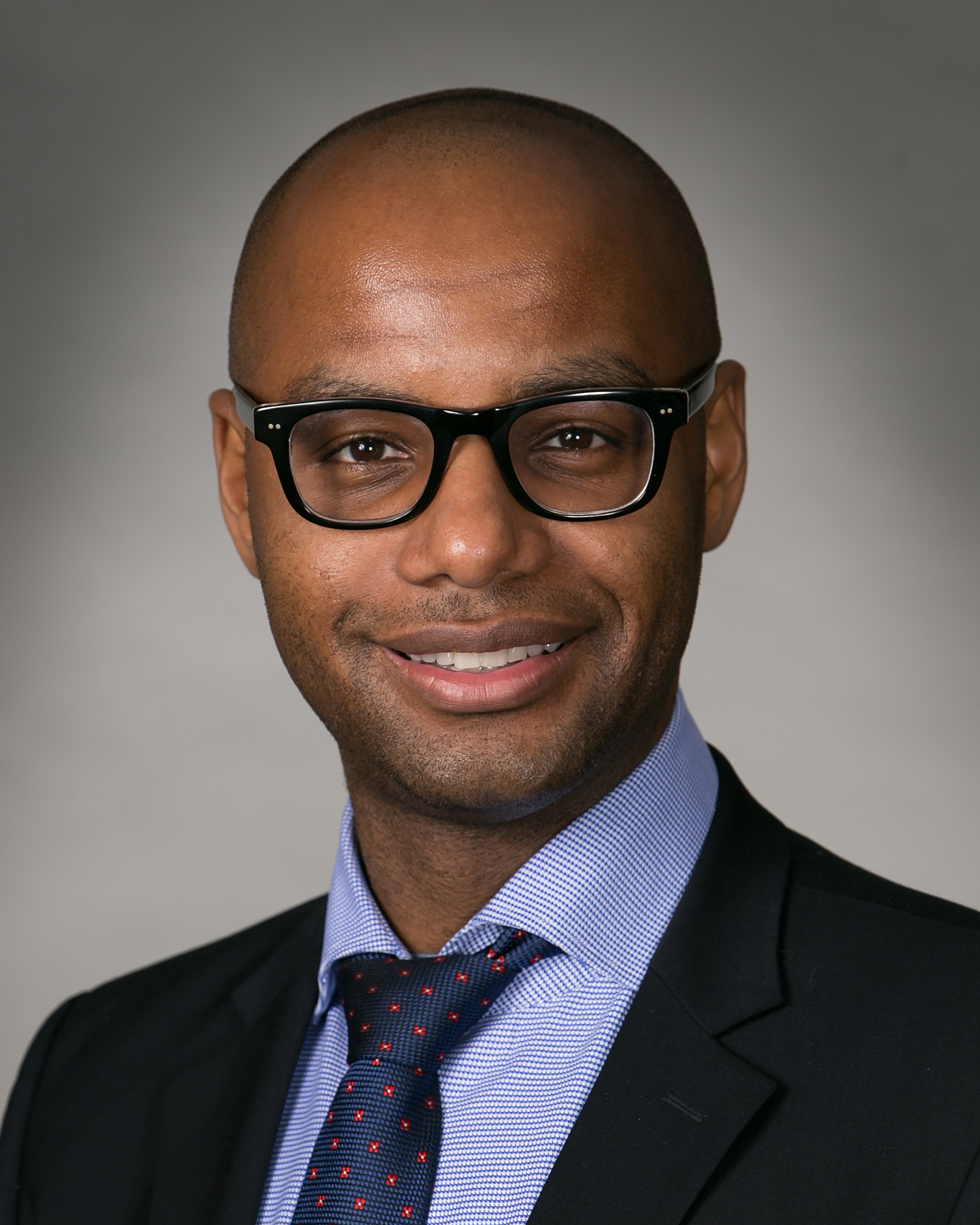
Abraham, an assistant professor of microbiology, and his Harvard Medical School research team will use Challenge funds to predict the COVID-19 mutations that may be the likeliest of the existing variants to emerge.
“The COVID-19 pandemic seems to be turning a corner, and thankfully, most vaccines seem to working against variants that are circulating across the globe. We have to be proactive and do our best to anticipate what might be coming next in terms of mutations that might make drugs and vaccines ineffective,” said Abraham. “This award comes at a critical time for our lab and will allow us to carry out an ambitious, high-risk project in which we try to better predict how SARS-CoV-2 can mutate to escape antibodies either used in the clinic or elicited by vaccines. This means we would be better prepared with next-generation countermeasures if such changes in the virus happen.”
Assessing the future of human, wildlife, and livestock in African savannas
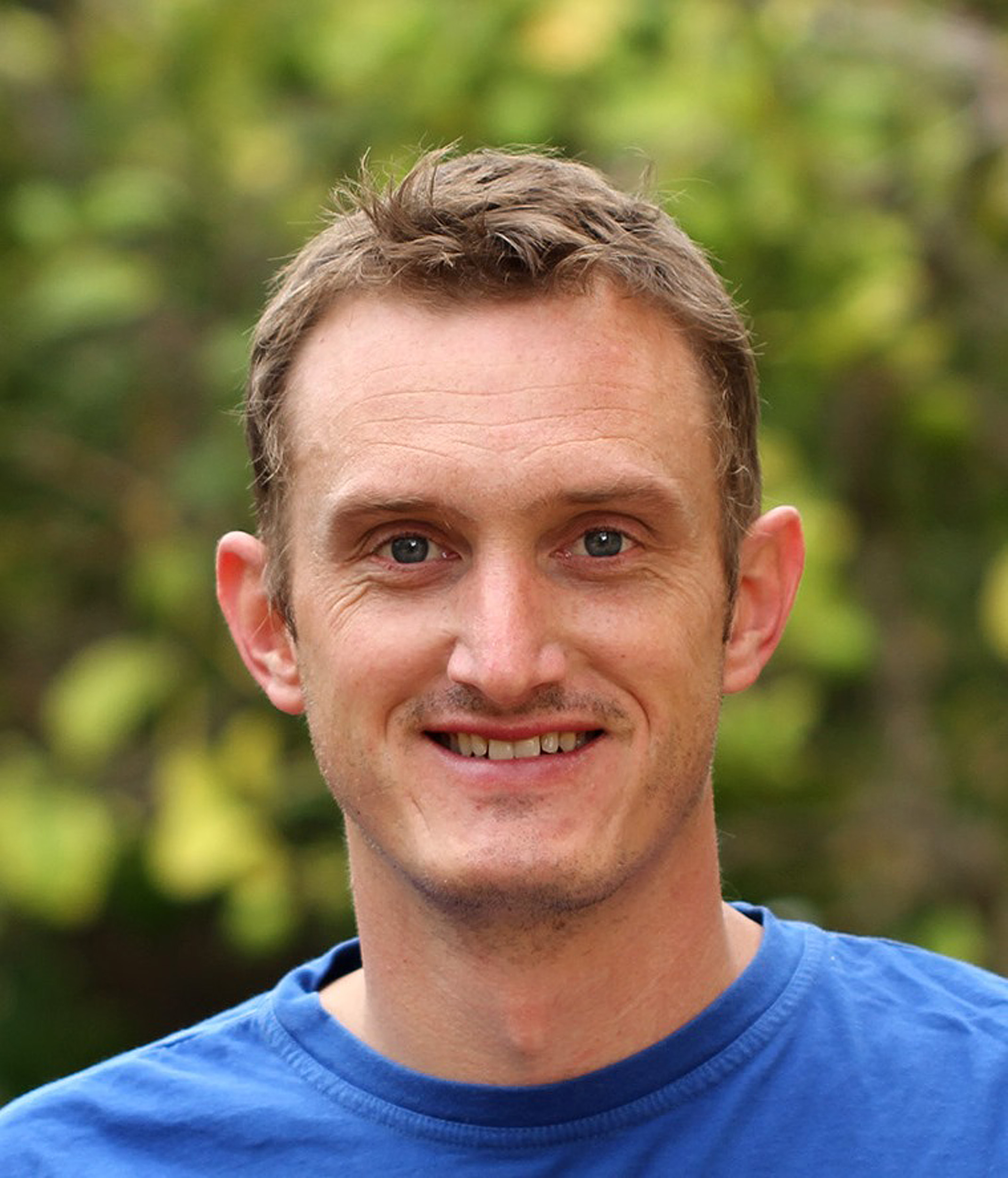
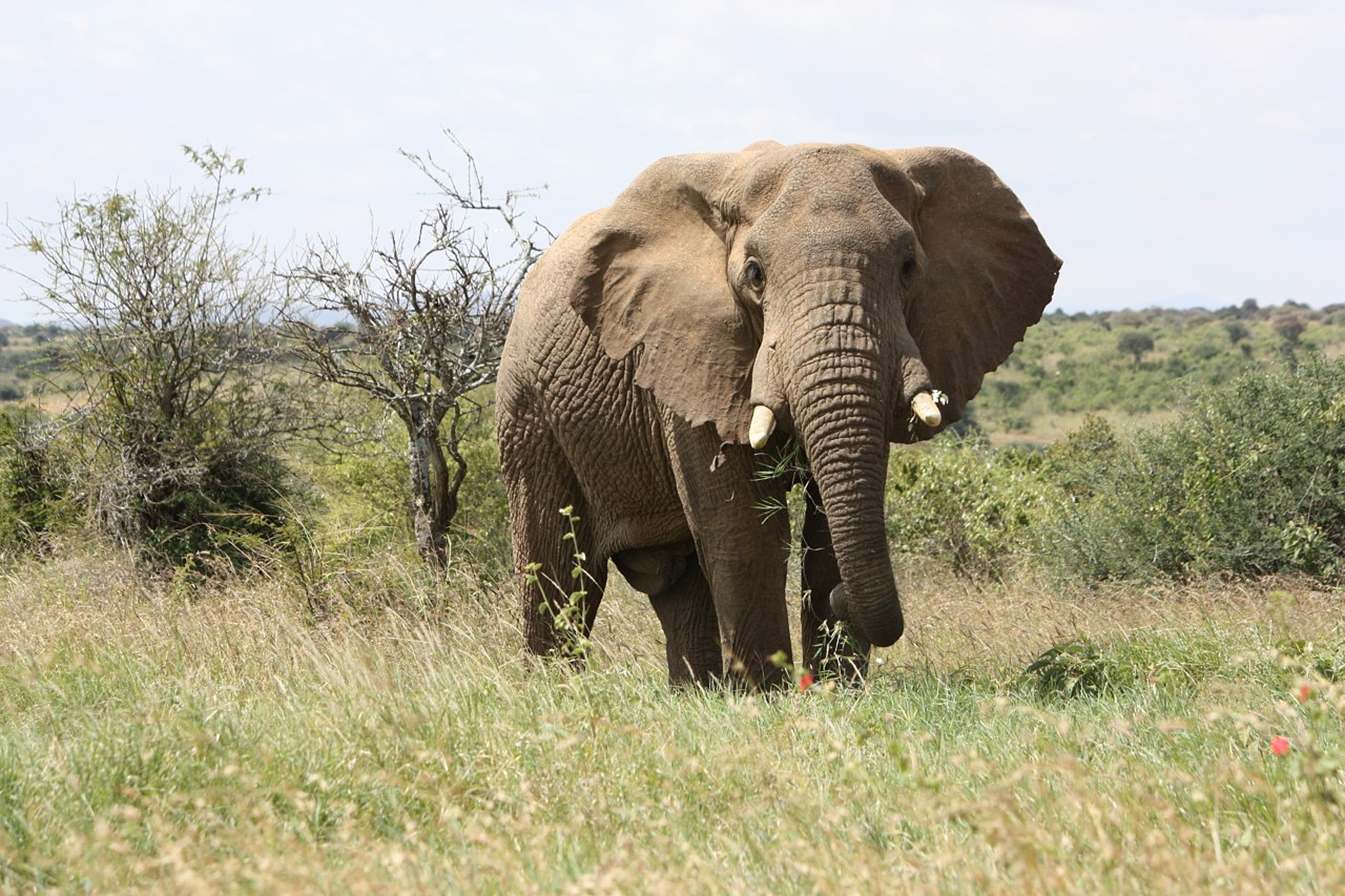
Using done-based remote sensing, Andrew Davies is tracking how shifts in herbivore communities affect African savannas and impact the biodiversity of its plants.
Headshot by Anina Apablaza, photo by Tyler Coverdale
Is it environmentally sustainable for wildlife and livestock to live together on the African savannas? Davies, assistant professor of organismic and evolutionary biology in the Faculty of Arts and Sciences (FAS), and his group are investigating how competition with livestock, habitat loss, and overharvesting are impacting the large herbivores native to the area. His group will collect drone-based remote sensing data in Kenya to measure how the introduction of domesticated livestock affects plant and vegetation diversity, key predictors of whether humans, wildlife, and livestock can coexist without significant consequences for the ecosystem.
“African savannas hold some of the last remaining megafauna communities on earth. These iconic species have been thrown into an unprecedented state of flux. These data will enable some of the first insights into how these new assemblages will affect the way ecosystems function and the future of African savannas,” said Davies. “I believe that this award will open the door to many new and exciting discoveries highly relevant to understanding and mitigating the rapidly ongoing changes in African savannas and other ecosystems worldwide.”
Probing seismic hazards and earthquake physics
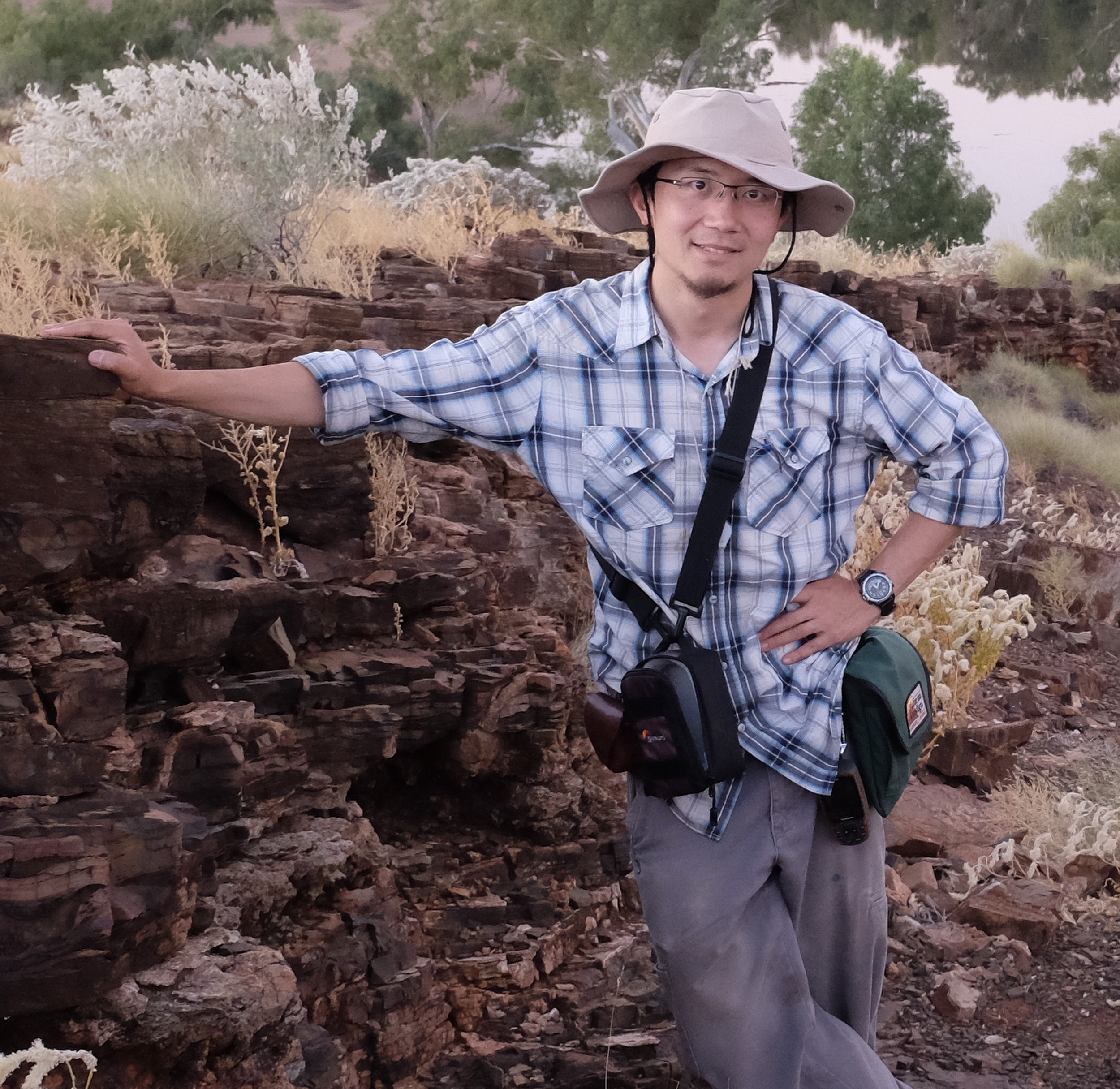
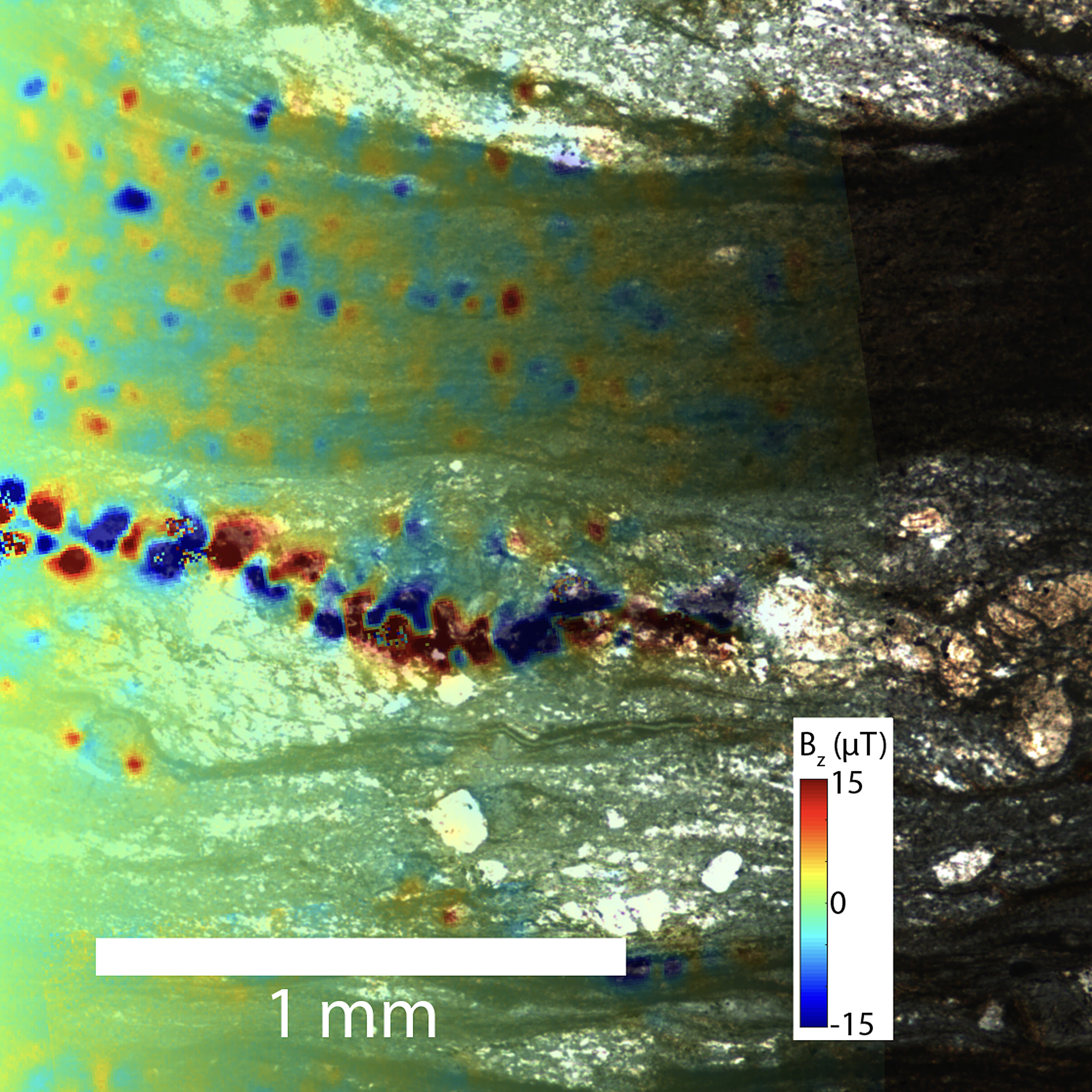
Using magnetic imaging on faults in California and Nevada, Roger Fu is measuring the magnitude of ancient earthquakes to more accurately evaluate seismic hazards in a given area.
The most destructive earthquakes occur on faults that rupture at intervals of hundreds or thousands of years. Fu, assistant professor of earth and planetary sciences in FAS, and graduate student Sammy Paiscik are looking at long-dormant fault systems to better estimate the magnitude of ancient earthquakes and understand the physics behind them. Using samples and investigating faults in Nevada and California, the team is using high-resolution magnetic imaging to quantify the intensity of past ruptures and create heat profiles that measure the friction on the fault during the event.
This level of accuracy is currently unavailable for most fault systems that host strong earthquakes and would provide critical seismic hazard information for regions such as southernmost California, where the next devastating earthquake has no historic precedent, Fu wrote. “This usage can have direct applications in protecting communities in earthquake-prone areas,” he says.
Tackling antibiotic persistence during infection
Sophie Helaine is developing a model that characterizes bacterial persisters, hoping this unprecedented lens can be used to improve therapeutics and counteract antibiotic resistance.
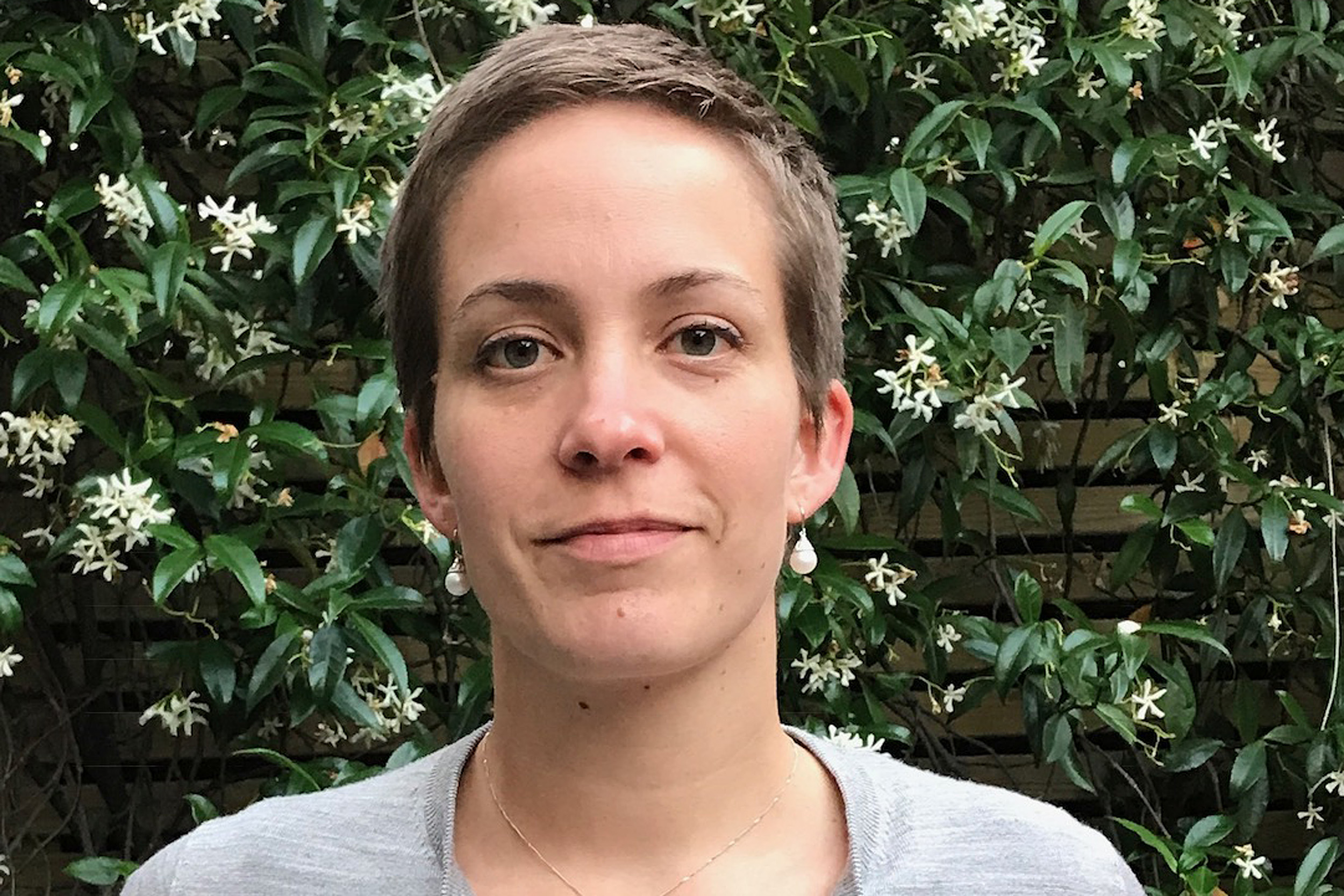
In her work tackling microbial infections and resistance to antibiotics, Helaine, assistant professor of microbiology at Harvard Medical School, is researching the physiology and survival of stubborn infections, called “persisters,” and better ways to control them. Her group has developed systems to study antibiotic persistence in vivo, similar to the conditions that bacteria encounter in an infected host. They hope what they learn can be used to create improved treatments.
“We have experienced over the last year or so the terrible consequences of a pandemic; this is only a taste of what life will be in the coming years if we do not develop new antibacterials to slow the spread of antibiotic resistance,” Helaine said. “This provides us with a fantastic opportunity to dive right into a risky and exciting research avenue that we think will ultimately contribute to improving human health by increasing our arsenal against difficult-to-treat infections. It is also a formidable recognition of our boldest ideas and encouragement to continue exploring without limits.”
Can mammals regenerate? Lessons from the skin
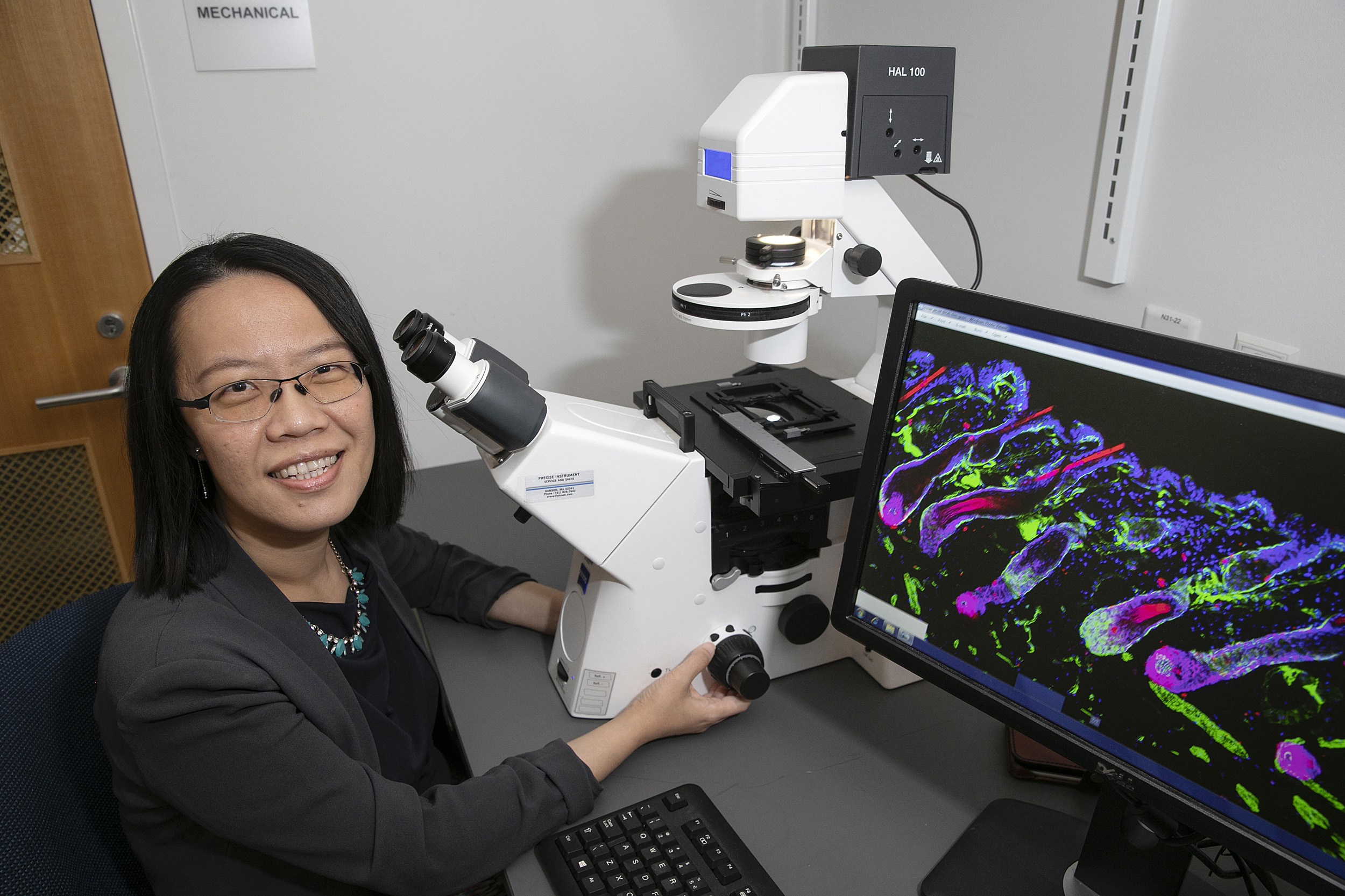
Studying the mysteries of regeneration in animals, Ya-Chieh Hsu is hoping her research could unlock its potential in people, fundamentally changing how we treat injury and chronic wounds.
Jon Chase/Harvard file photo
Hsu, the Alvin and Esta Star Associate Professor of Stem Cell and Regenerative Biology in FAS, and her colleague Jason Buenrostro, assistant professor of stem cell and regenerative biology, are unwinding the mysteries of regeneration in mammals. Their work in skin has suggested that some mammals may carry the innate ability to regenerate organs, but that this ability is blocked in fetal development. The research group seeks to study the transition from regeneration to scarring, which happens within days of birth, and the mechanics behind it. Their research could help lay the foundation for breakthroughs in treatments of wounds, like critical burns.
“This award is enabling us to pursue novel and creative approaches to identify new strategies that change how severe injury is treated,” said Hsu.
Tracking wildfires in a warming world
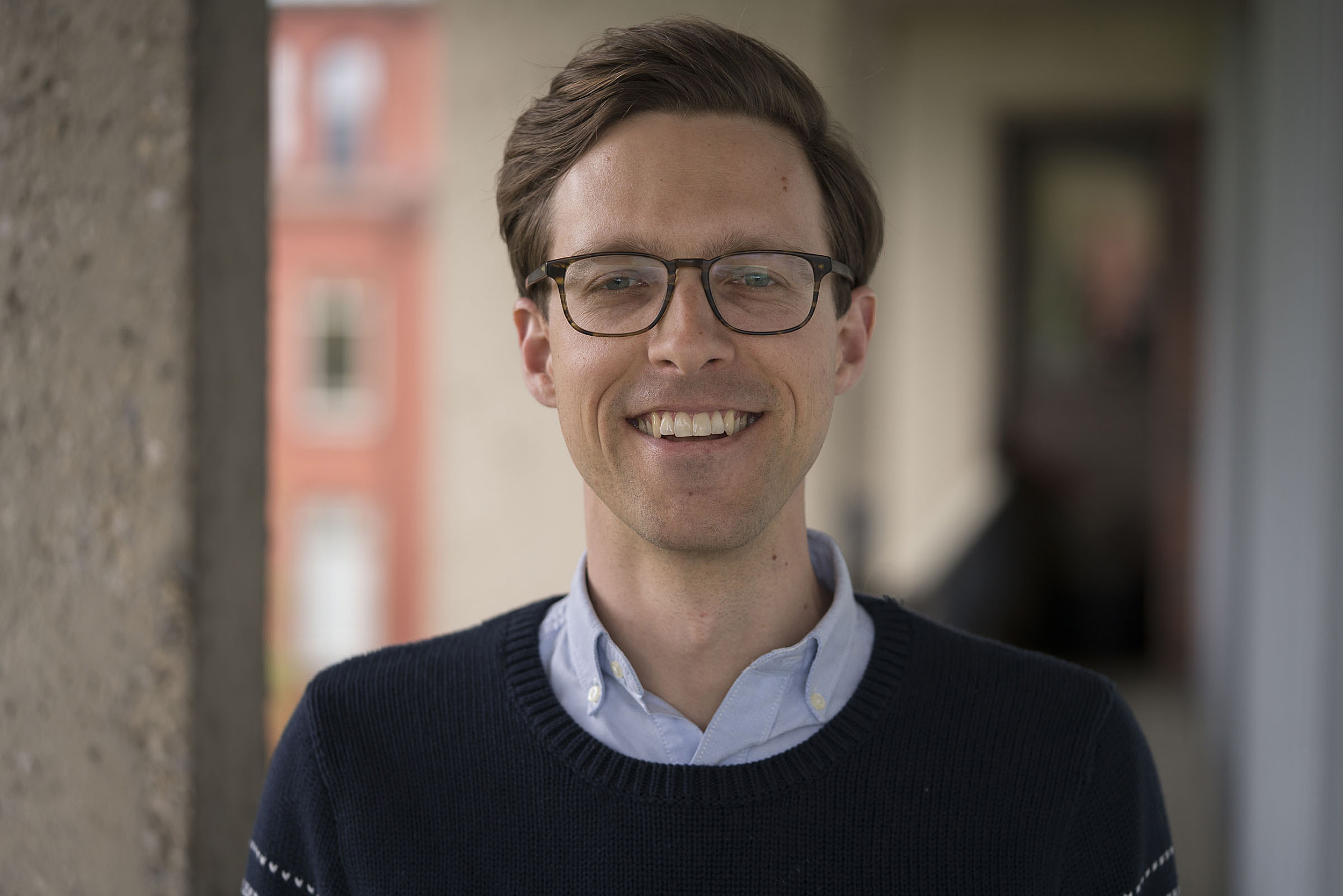
Kaighin McColl is researching how climate change impacts dry lightning and the risk of wildfires, one of the most pressing environmental threats in the western United States.
Photo by Alex Griswold/Harvard University Center for the Environment
Lightning without rainfall is the primary cause of natural wildfires in the U.S. McColl, assistant professor of earth and planetary sciences and of environmental science and engineering in FAS and the Harvard John A. Paulson School of Engineering and Applied Sciences, is measuring whether dry lightning will become more frequent with global warming, a dramatic implication for fire risk and management. California saw this in 2020, when an unusual episode of dry thunderstorms across the state ignited several hundred new wildfires.
“Funding from the Star-Friedman Challenge will allow us to pursue a high-risk project that would be unlikely to get funded through conventional channels,” said McColl. His team will track the larger-scale, land-atmosphere conditions that foster dry thunderstorms and use climate models to project how those conditions will respond to climate change. They aim to provide the first analysis of the impact of global warming on dry lightning, including tracking potential trends in recent decades and crucial data for local and federal agencies combating wildfires.
Building a platform for faultless quantum computing
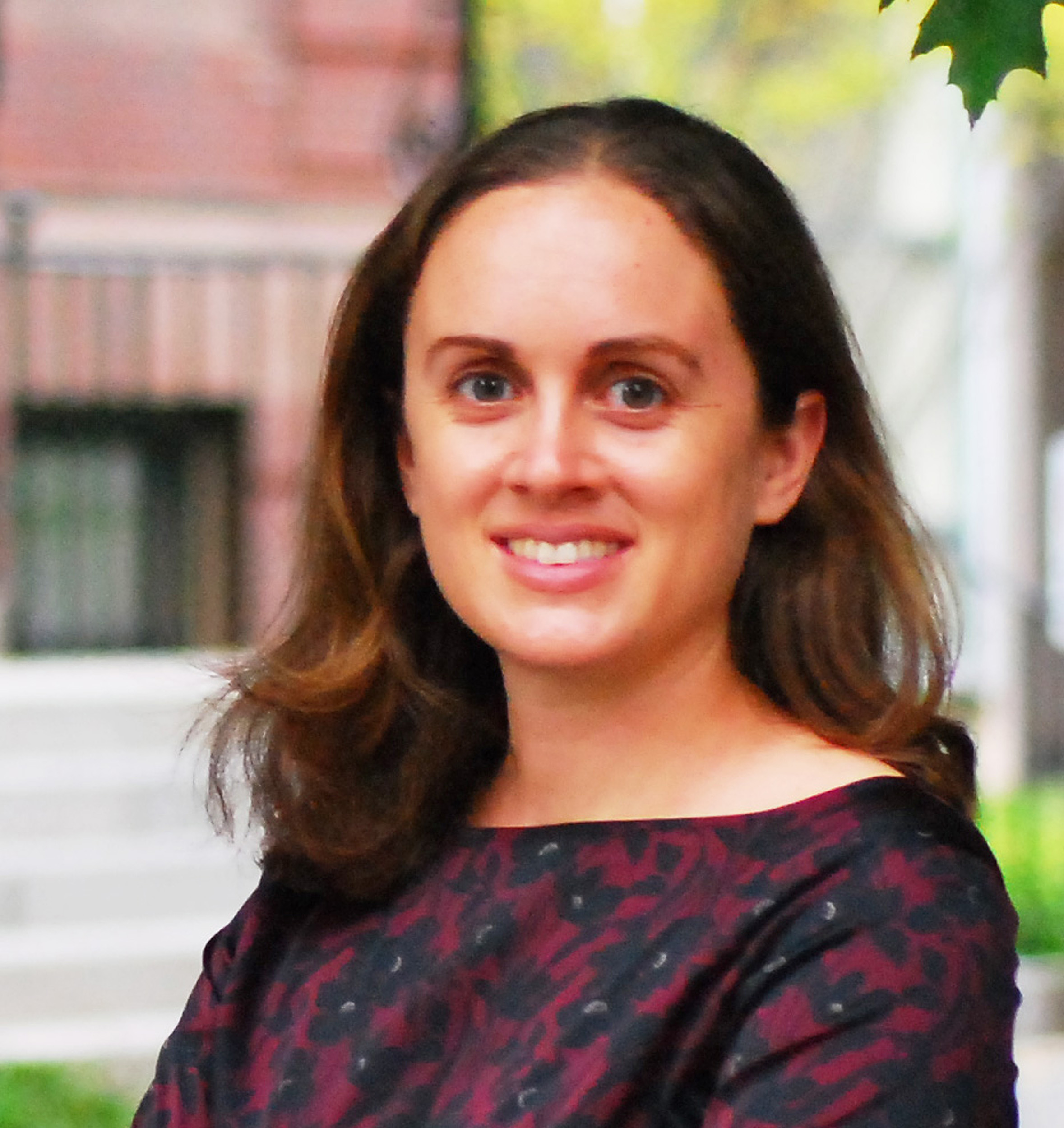
Assistant Physics Professor Mundy her group are seeking to advance their construction of a novel topological superconductor that could serve as the foundation for faultless quantum computing. They are building on their recent advances in thin-film synthesis to create new superconductor technology and potentially lay the groundwork for a new computing paradigm with insights on everything from understanding the complex biochemical reactions that underpin life to the detection of dark matter and dark energy.
“We are particularly excited to have the opportunity to engage a postdoctoral fellow, graduate student and undergraduate researcher in this direction,” says Mundy. “My group is very excited to pursue our proposed research.
Hear from the winning faculty members as they discuss their projects during an online panel on Wednesday, 3:30–4:45 p.m. (ET).
